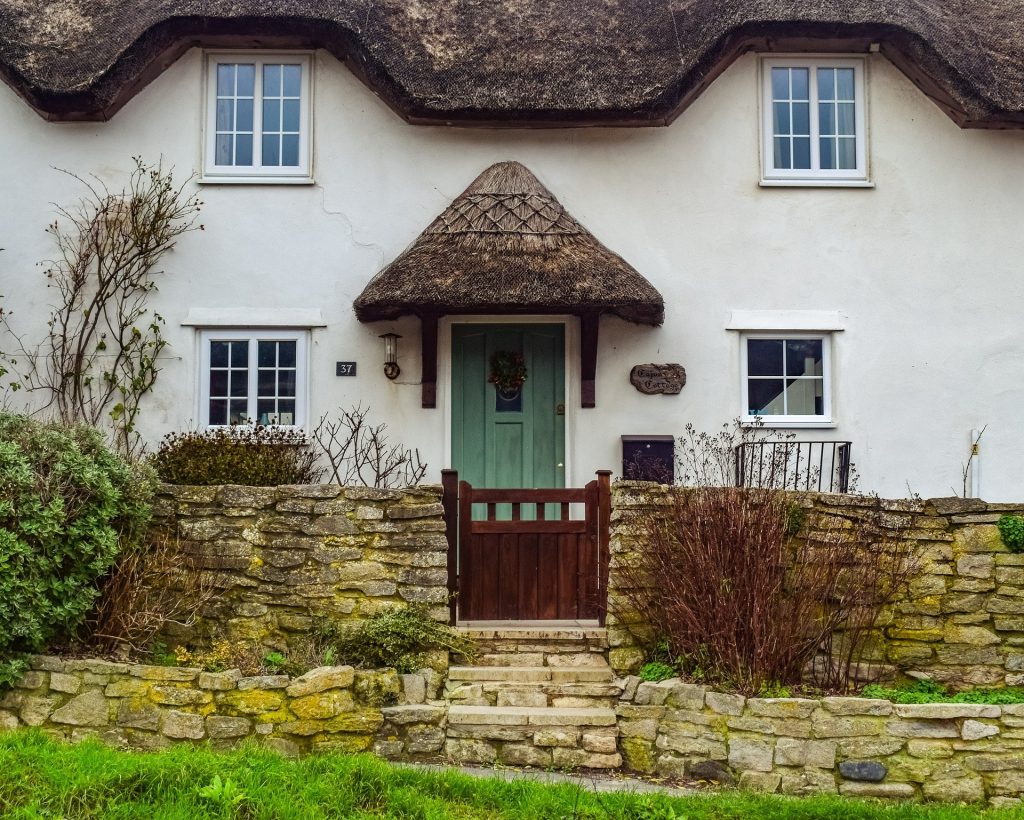Owning a holiday home is a wonderful way to enjoy time away, whenever you want, but what do you do with your holiday home during those times of the year when you can’t visit?
One way to make the most of your holiday home is to sublet it and enjoy a bit of revenue throughout the year. When you are not holidaying, you can take advantage of a rental scheme and let your property generate extra income.
There are a number of benefits to subletting, for example covering your running costs, but there are a few things that you need to consider as well.
The actual amount of revenue that you can gain from subletting depends on a few different things.
1. Personal Occupancy
You have to first consider how much you are personally going to be using your holiday home. You will certainly not be able to sublet it when you are occupying it. Think about just how much time each year you will be staying there, and you can get a better idea of how much you can gain from subletting.
- How much are you going to personally use the property?
- What time of the year are you going to release your unit for holiday bookings?

2. Listing Channels
There are many listing channels in the market to advertise your holiday property. In particular, the majority of holidaymakers tend to book their stay through Airbnb.
Check out some of the statistics
Whether you own one or more holiday homes, staying on top of customer inquiries and needs can be hard to tackle by yourself.
That’s why thousands of the top property owners currently use Airbnb management – one in particular that has helped thousands of holiday homes across the UK is Hello Guest.

3. Location
The first rule of real estate is location. The amount that others are willing to pay to sublet your holiday home depends on where it is located and what specific amenities are located nearby.
If for instance, your holiday home is located near a lake and there are many different water activities available, you may be able to generate a higher income for it than for one that is located in a secluded area with fewer amenities offered.
Think about your location and what specific features are available for that area. See here.
4. The Home Itself
Your holiday home, how many bedrooms it has and how well kept it is will have a major bearing on the amount of revenue that you can generate. It will need to be in relatively good shape for others to want to rent it out for their own holidays.
If not, you may need to do a few repairs prior to offering it for subletting.
So, how many bedrooms does your holiday home have?
There are a number of benefits to subletting your holiday home and many agencies that can help you to keep it occupied throughout the year. Understand that there is normally a commission, plus VAT charges depending on the agency that you use; and these charges will cover a number of needs from marketing your home, to maintenance.

Recent Comments